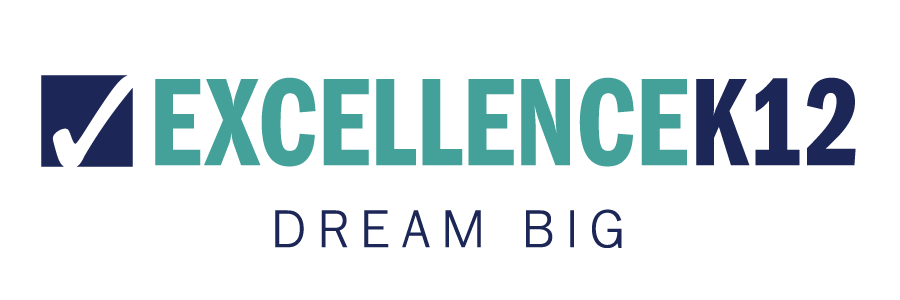
Is your school district considering a bond issue election in the near future?
If so, keep in mind the following things that could impact your election results.
Cost – Often, the most important consideration is how much the election will cost the average homeowner in new tax dollars. Depending on the size and nature of your patron community, certain plateaus seem to indicate success or failure. While a no-tax-rate-increase effort is always the best bet, keeping costs to less than a $100 per year increase tends to be more successful than anything over that dollar amount. In smaller or lower-income districts, the magic number could be as low as $50.
Projects – The projects the district wants to pursue are extremely important to the election outcome. A general rule of thumb is projects in or closer to the classroom (expansion of classrooms, renovation, new equipment, etc.) are more successful than those outside the classroom (field turf or a performing arts center). The other critical distinction in project selection is need versus want. For example, most patrons tend to see things like field turf as a “want,” even when provided evidence that field turf saves money.
Return on investment (ROI) – This one is a combination of the first two items. A good example of a project with a strong ROI is a FEMA shelter for students, staff, and the general public. A performing arts center, which is mutually funded by the district and the municipality, might also be seen as a good ROI.
Trust – If patrons don’t trust the Board of Education or administration or the election process, no combination of cost/project/ROI is likely to pass. It’s critical for district leadership to know where it stands with patrons – and not just the frequent flyers who make up 10% of the district. Rank-and-file patrons who have never been to a BOE meeting make up most of your voting contingent. And remember, the average person has never had a conversation with a school superintendent. Don’t fall into the trap of thinking you “know what people want,” simply because you hear from a small portion of the population.
Timing – Smart districts plan bond issues when other taxing entities are not looking to pass their own tax initiatives. School districts tend to receive more support but having multiple issues on the same ballot can create a panic among patrons. Other scenarios, like COVID, can also undermine district efforts. And we have seen backlash against Common Core derail more than one district’s efforts.
Clearly, passing a tax issue means navigating multiple hurdles. If you are considering a tax election in the spring, now is the time to survey your patrons. Call Rick at 913-484-0920 or email Rick@ExcellenceK12.com. We offer everything from pre-election research to complete campaign organization and have helped our clients raise more than $7 billion in new tax revenue.

